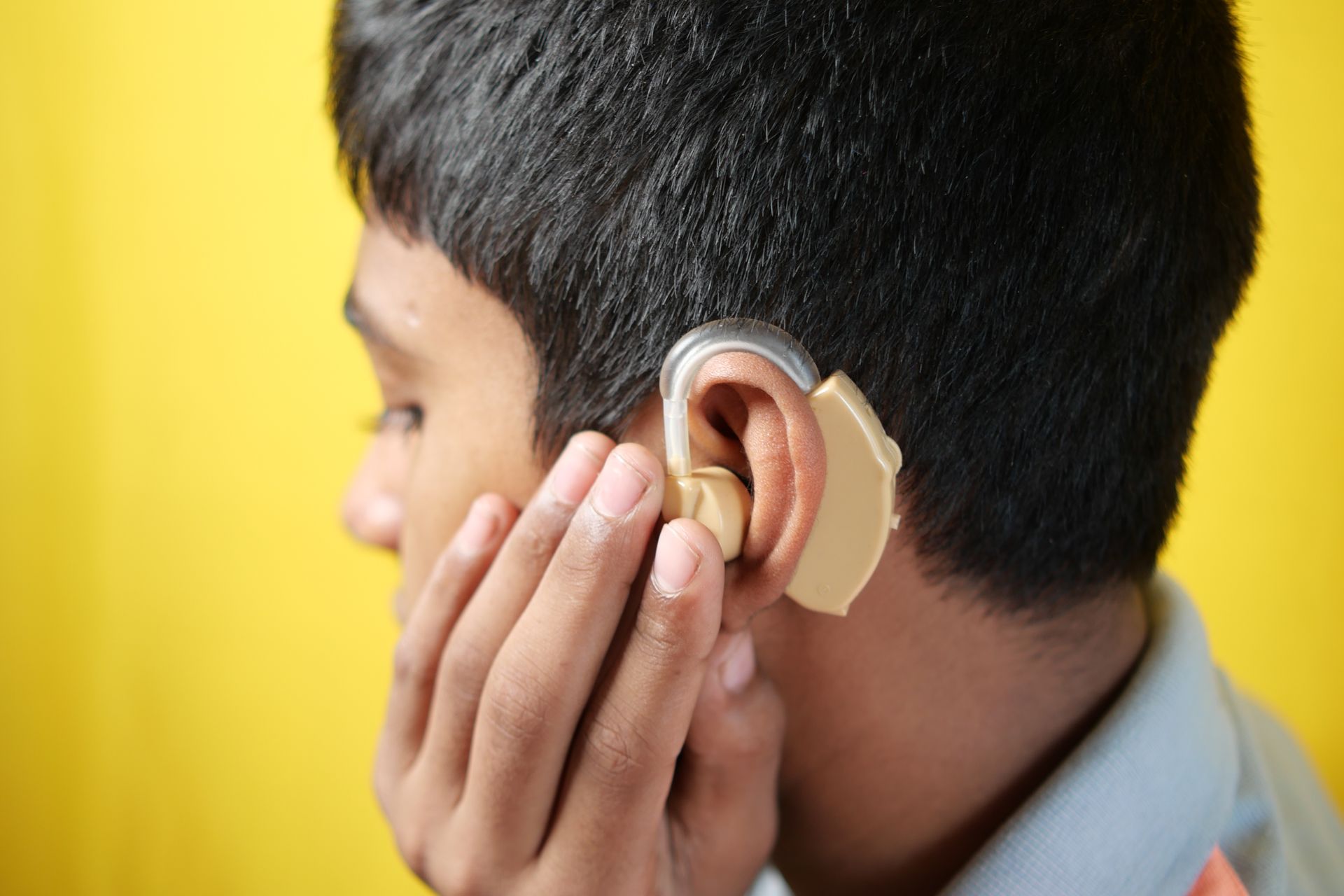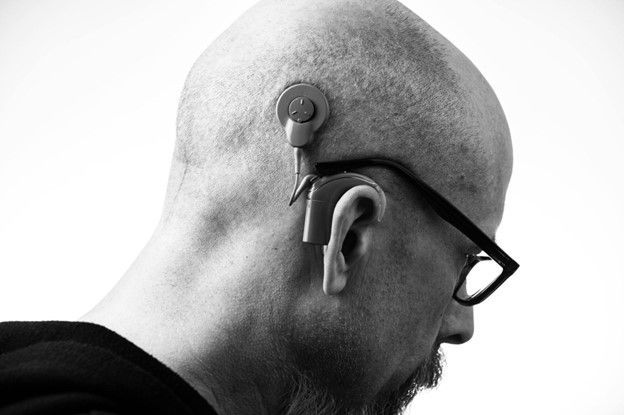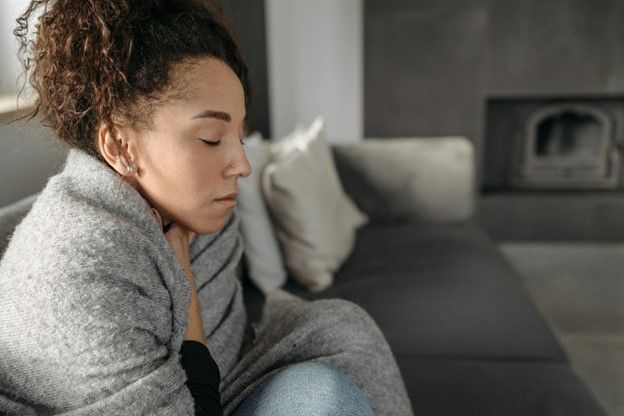When Should You Get Hearing Aids?
Approximately 15% of American adults report some trouble hearing. Factors like noise, aging, sickness, and genetics can all contribute to hearing loss, and it can take a long time to notice that you have a hearing problem and then address it.
However, hearing problems that are ignored or untreated can get worse. If you're starting to lose your hearing, you might be wondering if you need hearing aids and, if so, when you should visit an ENT specialist. Keep reading to learn more about hearing aids and when you should probably consult a doctor about getting one.
What Is A Hearing Aid?
A hearing aid is a small electronic device worn in or behind the ear that helps you hear better. It amplifies certain sounds so that a person with hearing loss can listen, speak, and fully engage in daily activities. The hearing aid receives sound waves which are then transformed into electrical signals via a microphone.
How Do You Know If You Need Hearing Aid?
This frequently asked question has no definitive answer. Regardless of age, the first thing you should do is get a baseline hearing test, which can be used as a benchmark for your hearing abilities.
Whether or not you need hearing aids is determined by the severity of your hearing loss. It is usually recommended to get regular hearing tests and professional advice to correct one’s hearing loss at the earliest opportunity. Doing so can help you avoid many of the cognitive issues related to prolonged untreated hearing loss.
Signs Of Hearing Loss
● Difficulty hearing in crowds
● Muffling of speech and other sounds
● Trouble hearing consonants
● Social withdrawal
● Impaired memory
● Trouble understanding speech over the phone
● Ringing in the ears
● Asking others to speak more slowly and clearly
● Anger, irritability, negativity
● Hypersensitivity to certain sounds
If you’re experiencing some of these symptoms, consult a doctor. They will let you know if hearing aids are suitable for your condition.
How Can Hearing Aids Help?
Hearing aids are often used to restore hearing and speech comprehension in those who suffer hearing loss. Hearing loss can occur due to damage to the inner-ear hair cells, other illnesses, aging, injury from noise, or usage of certain drugs.
The waves of sound entering the ear are amplified by a hearing aid. The more significant vibrations are detected by surviving hair cells, converted into neural impulses, and sent to the brain. The more damage to a person's hair cells, the more severe the hearing loss will be, and the more hearing aid amplification you will require to correct your hearing.
According to the CDC, in 2019, 7.1% of adults aged 45 and over used a hearing aid. Of the 7.1%, the number of men was higher.
Wondering where to get tested for hearing loss? Reach out to our experts at ENT Medical and Surgical Group. We offer cutting-edge treatments for ear, nose, and throat problems to patients in New Haven, North Haven, Westbrook, and Branford, Connecticut. You can book an appointment with our ENT specialists, who can advise and treat your hearing issues. If you have further questions about our services, contact us online!













